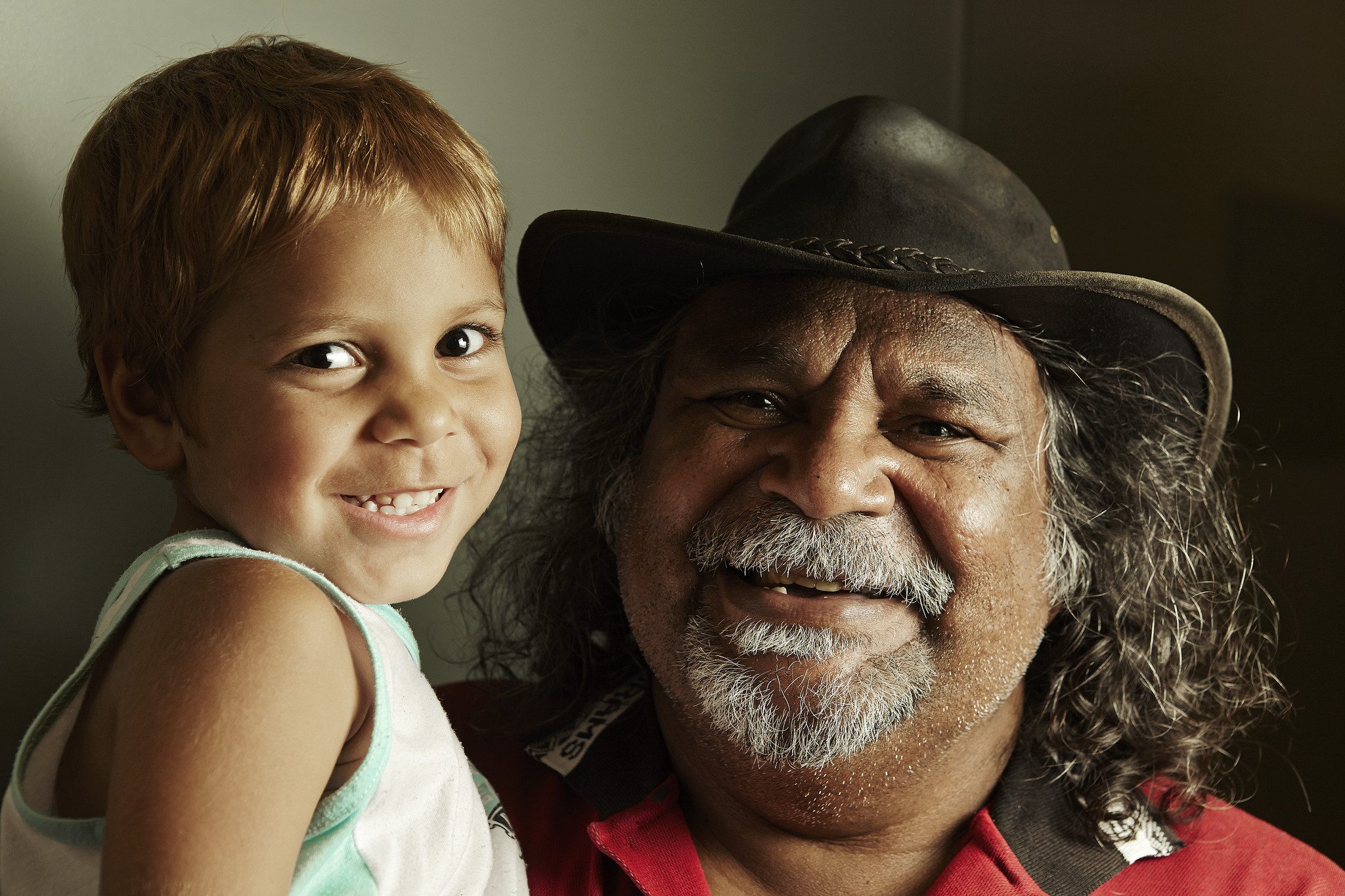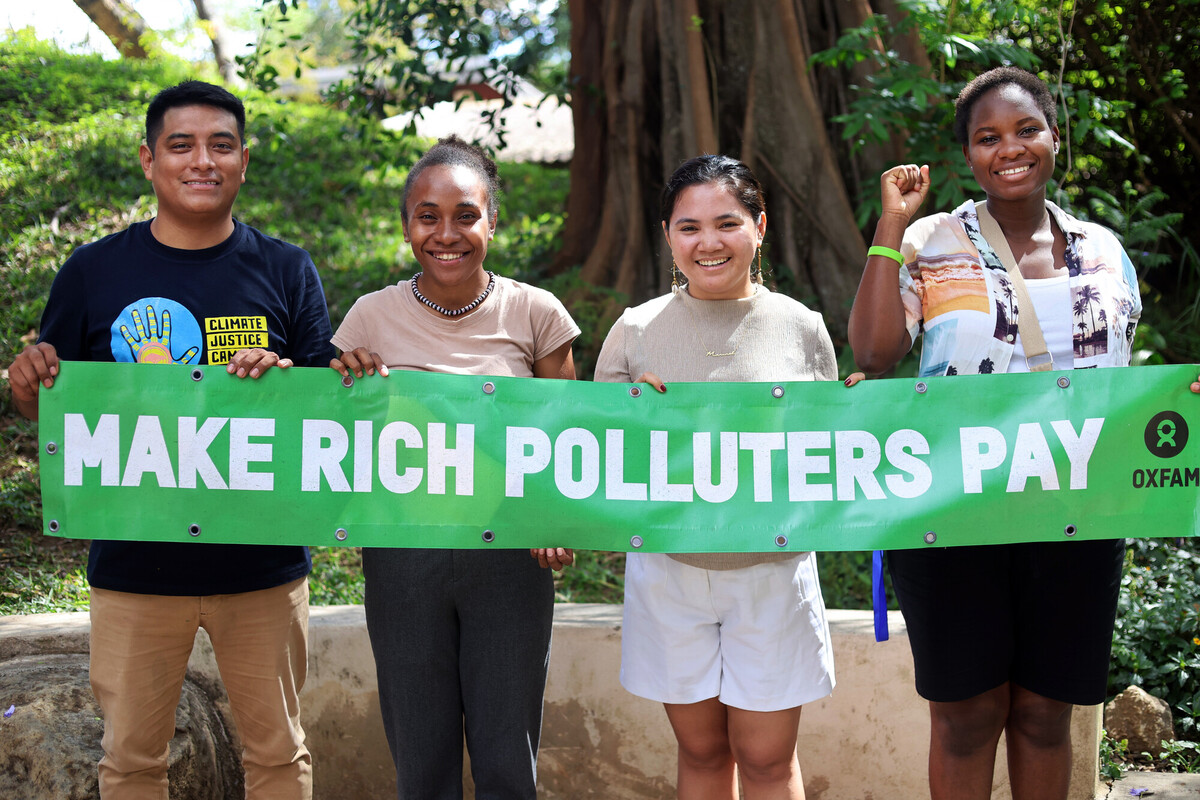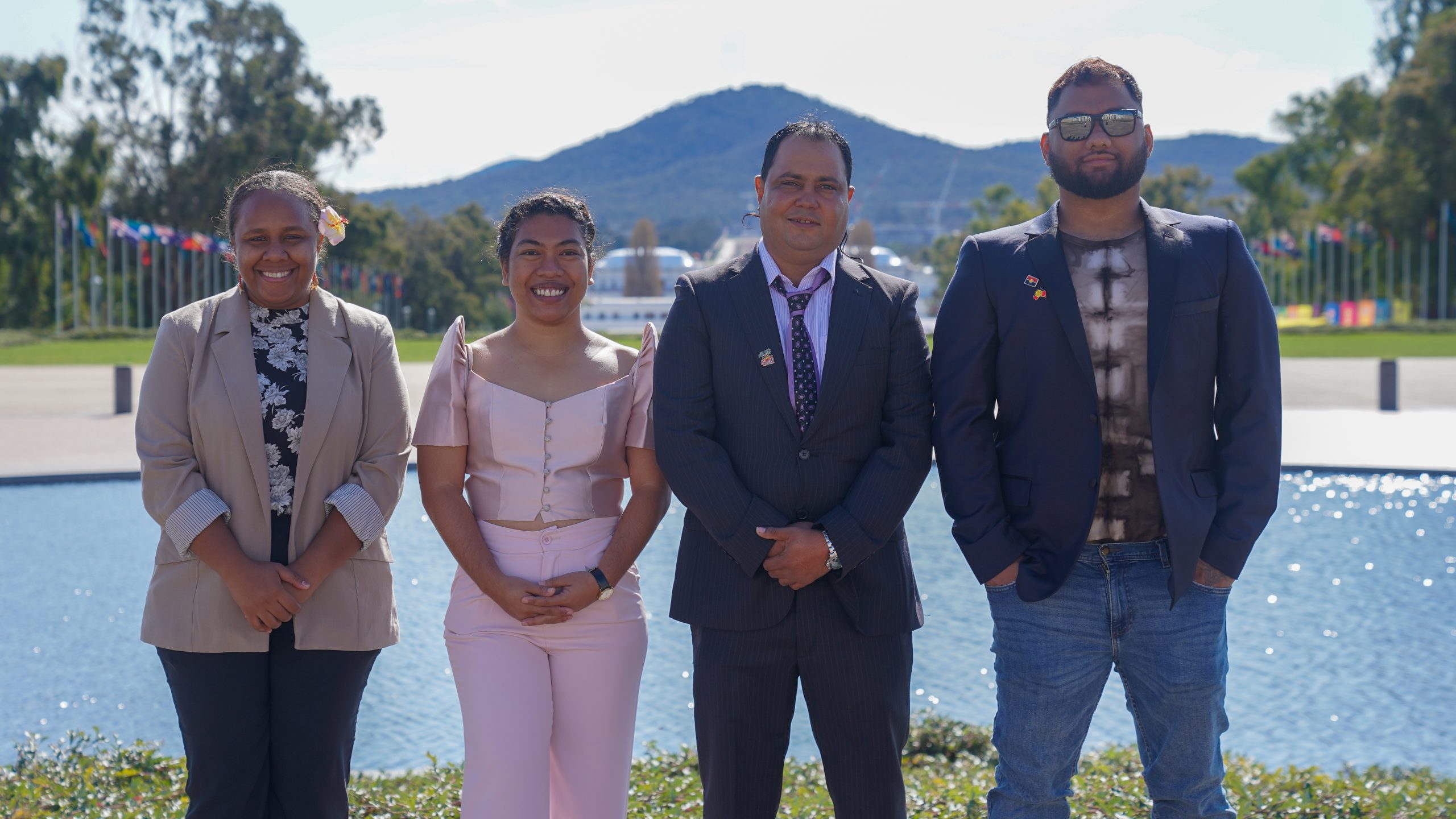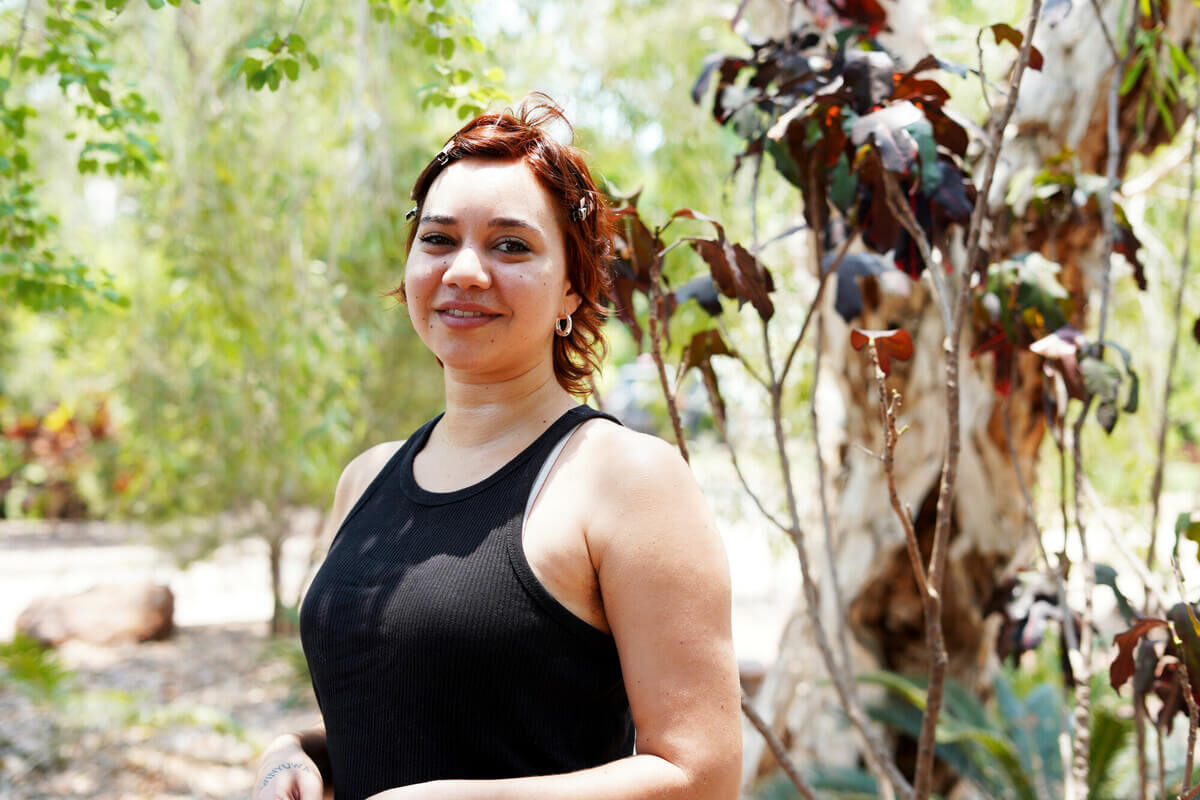Federal, state and territory governments must recommit to crucial Indigenous health funding at this Friday’s Council of Australian Governments (COAG) meeting, to ensure improvements in Aboriginal and Torres Strait Islander health can continue. Continuing to fund the National Partnership Agreement on Indigenous Health should be on the agenda of this Friday’s COAG meeting, as it is critical to closing the life expectancy gap by 2030, which all Australian Governments had committed to do.
Federal, state and territory governments have not yet signed up to the agreement, leaving some services and programs in real doubt as to whether they can continue to provide badly needed services beyond 30 June. COAG health funding has a strong focus on chronic disease and has led to more Aboriginal health workers, doctors, nurses, allied health professionals, health promotion workers and healthy lifestyle programs. It has also led to more affordable medicines and better access to anti-smoking programs by Aboriginal and Torres Strait Islander peoples.
It would be a tragedy if we lost momentum just at the time we’ve started to see the possibility of a better future for so many people. The commitment five years ago to close the life expectancy gap between Indigenous and non-Indigenous people by 2030 was a turning point for the nation. All Australian governments committed to this important national priority through the COAG process, and it was backed by an unprecedented $1.6 billion in funding for Indigenous health – funding due to expire at the end of June. Back then, all Australian Governments got together and did the right thing by putting in their fair share to fund the agreement. We now need them to commit to funding this next stage of the national agreement.
Under-five mortality rates for Aboriginal and Torres Strait Islander peoples were starting to fall, and smoking and chronic disease initiatives are beginning to have an impact. Continued investment is essential if we are to build on this excellent work and be the generation to end the national disgrace that sees Aboriginal and Torres Strait Islander peoples die more than 10 years younger than the broader Australian community.
As an international aid agency, Oxfam can attest to the importance of long-term funding of programs to provide certainty and stability. The Australian public expected politicians to keep their promise to close the gap on health inequality, with a record number of 140,000 people taking part in National Close the Gap Day events last month.
Take action now and ask your State Government to commit to Close the Gap
Dr Helen Szoke is Oxfam Australia’s Chief Executive



